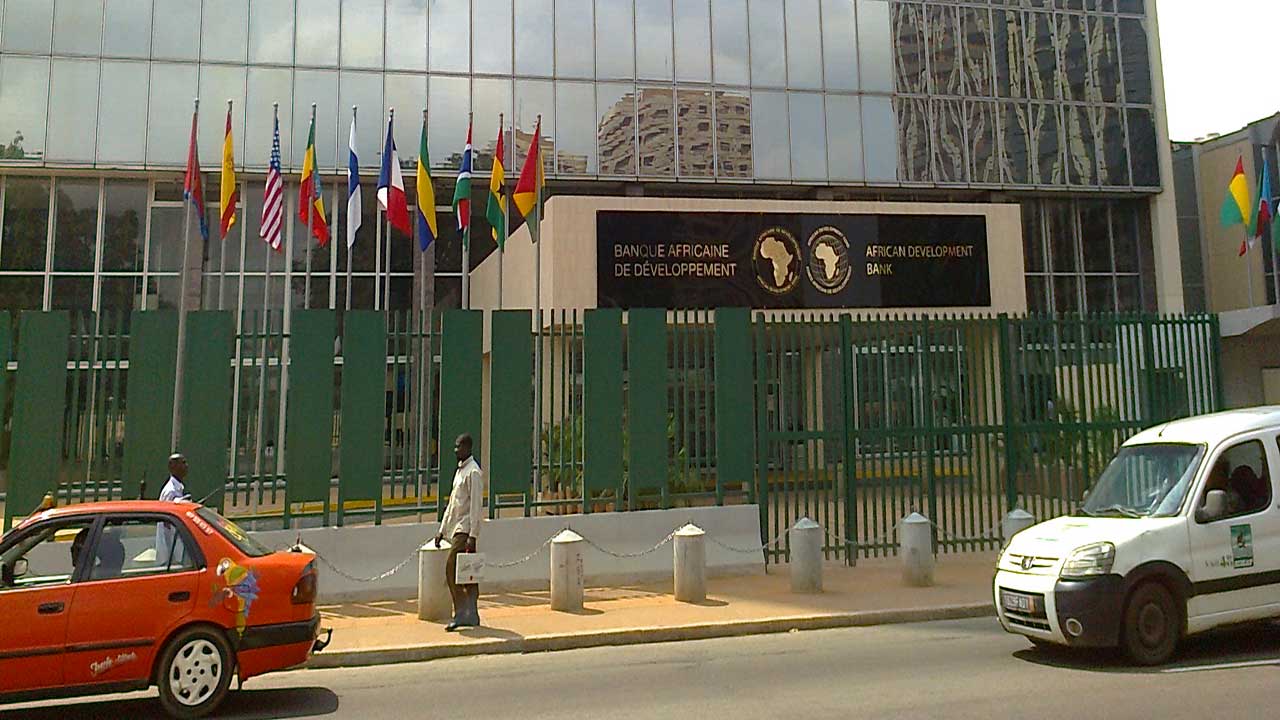The African Development Bank (AfDB) has introduced Country Focus Reports (CFRs) aimed at enhancing policy discussions regarding the economic performance and future prospects of individual African nations.
These reports also offer strategic guidance on harnessing private sector and natural capital funding to advance the continent’s climate resilience and green growth initiatives.
Zimbabwe, as an AfDB member, stands to benefit from its CFR, especially as the nation is currently undergoing significant economic reforms under the Second Republic. The AfDB’s initiative is expected to strengthen policy dialogue on a country-specific basis.
For Zimbabwe, this could accelerate progress towards its sustainable economic development goals, as outlined in the National Development Strategy (NDS 1) for 2021-2025, and NDS 2, which will run from 2026 to 2030, with the aim of achieving an upper-middle-income status.
NDS1 focuses on key areas such as economic stability, food and nutrition security, governance, human capital development, environmental sustainability, housing, digital economy, healthcare, infrastructure, international relations, social protection, and devolution.
The AfDB is also playing a key role in Zimbabwe’s debt resolution efforts, which are crucial for reducing the burden of debt and restoring access to concessional funding.
In a statement, the AfDB highlighted that the 2024 reports evaluate the experiences of individual countries in securing the finance needed for structural transformation and advocate for a comprehensive reform of the global financial system to support African economies.
“The AfDB has launched Country Focus Reports designed to deepen policy dialogue on the macroeconomic performance and outlook of individual countries and to serve as a vital resource for policymakers, governments, and development partners,” the statement said.
AfDB’s Chief Economist and Vice President for Economic Governance and Knowledge Management, Professor Kevin Chika Urama, emphasized that the reports provide strong recommendations for financing structural transformation at the national level through reforms to the global financial system, better aligning it with the development financing needs of African countries, which are increasingly impacted by global and domestic challenges.
In line with the theme of the 2024 African Economic Outlook report, “Driving Africa’s Transformation: The Reform of the Global Financial Architecture,” the CFRs delve into specific dynamics and insights for each country.
The African Economic Outlook report, published annually, offers crucial evidence and analysis on the continent’s growth, enabling African policymakers to make informed decisions.
Growth trends and forecasts vary across Africa’s 54 countries, reflecting differences in economic structures, commodity reliance, and policy approaches.
Each of the 54 CFRs identifies financial needs and gaps, as well as shortcomings in the current global financial system, in supporting Africa’s structural transformation leading up to 2063.
The reports also make recommendations across five key areas, including: leveraging private sector financing, where the private sector is expected to remain a critical partner in funding African economies; increasing climate finance, as African countries, while contributing the least to the climate crisis, are among the most affected; and reforming multilateral development banks to adjust their business models to provide long-term concessional financing at scale to African nations.
“In summary, these reports present practical policies (short, medium, and long-term) to accelerate the economic growth and structural transformation of African countries. They also equip governments and potential investors with current, accurate data to guide policy and investment decisions,” the AfDB concluded.
For comments, Feedback and Opinions do get in touch with our editor on WhatsApp: +44 7949 297606 or Email Us at editor@zimetro.co.zw

For comments, Feedback and Opinions do get in touch with our editor on WhatsApp: +44 7949 297606.
